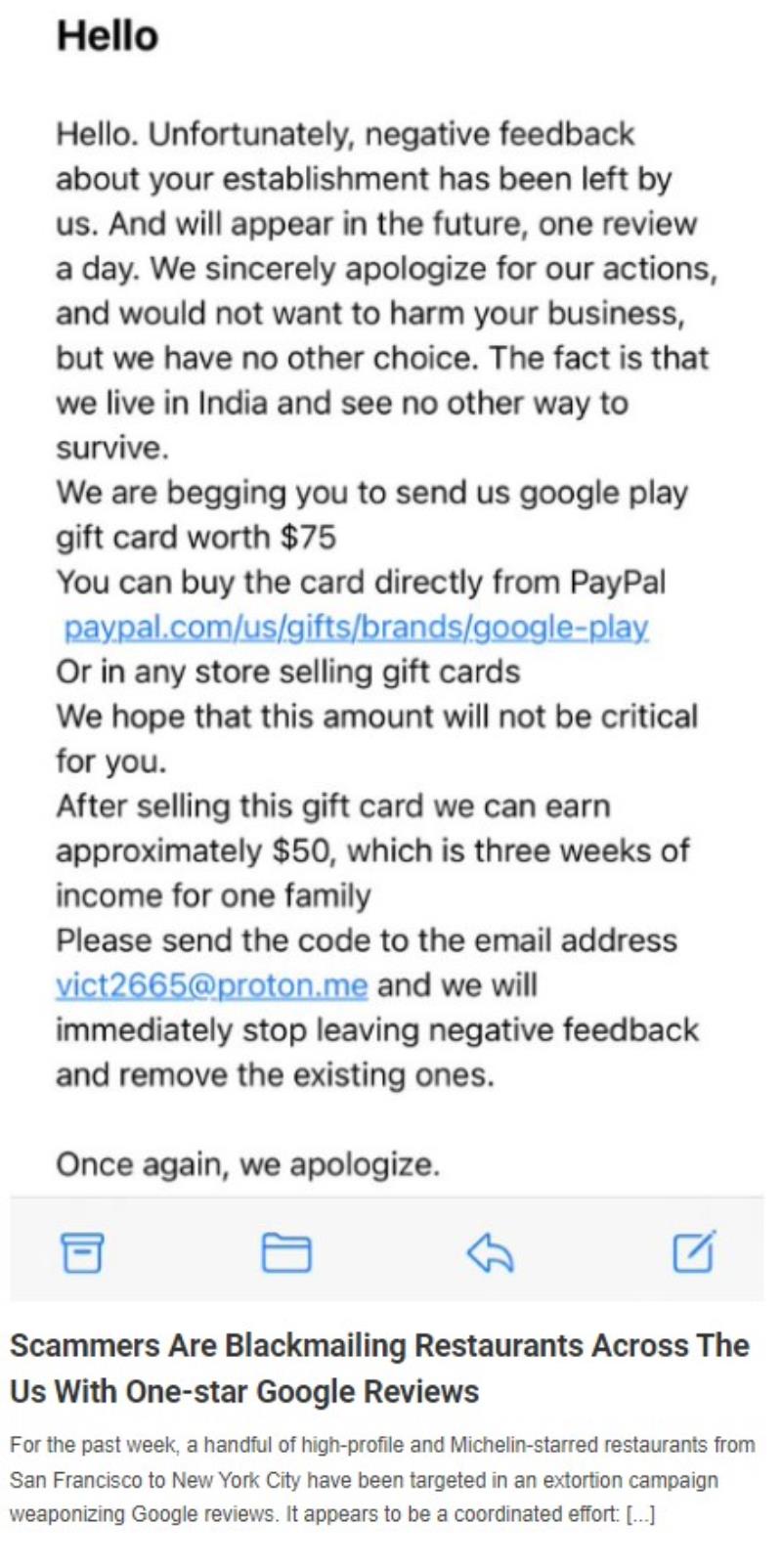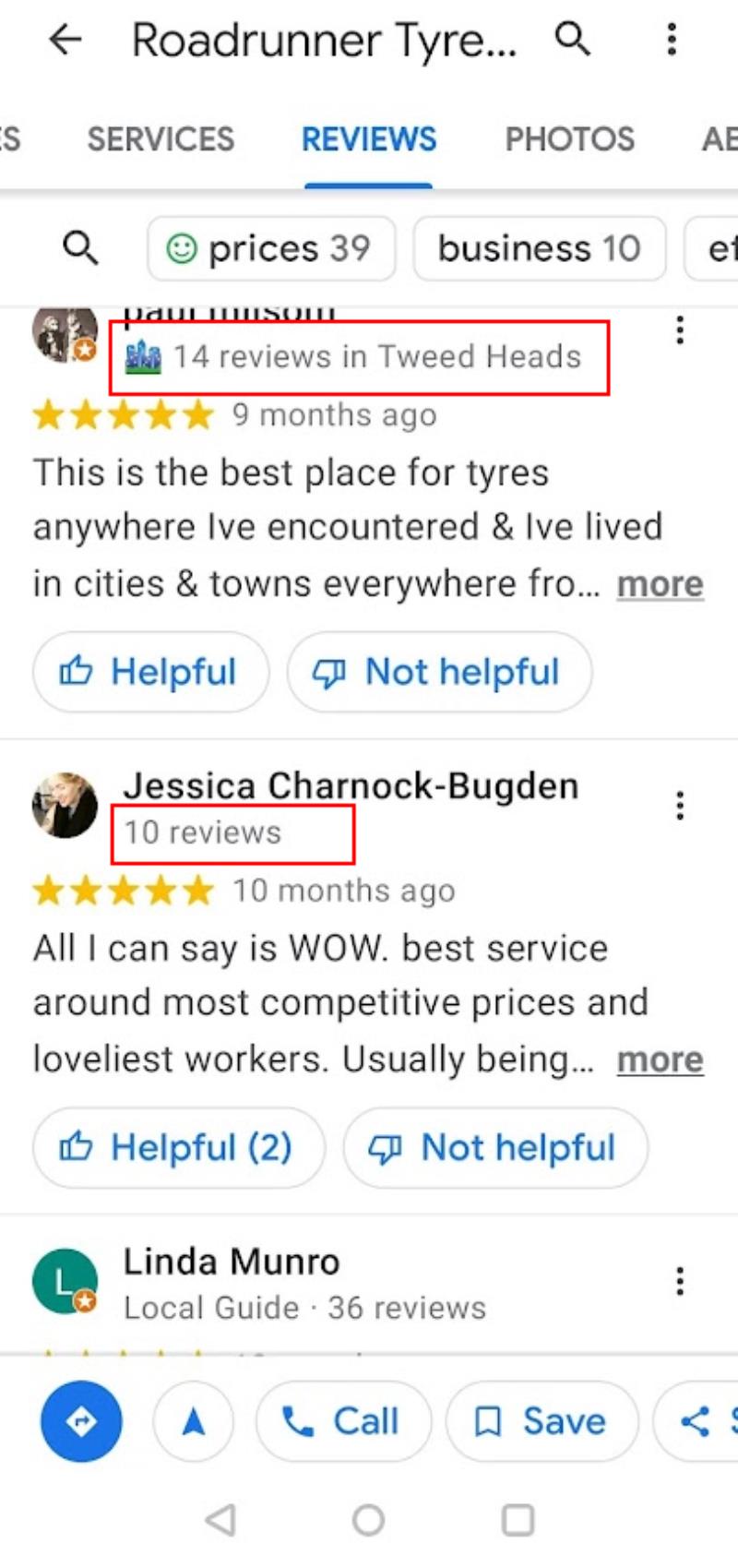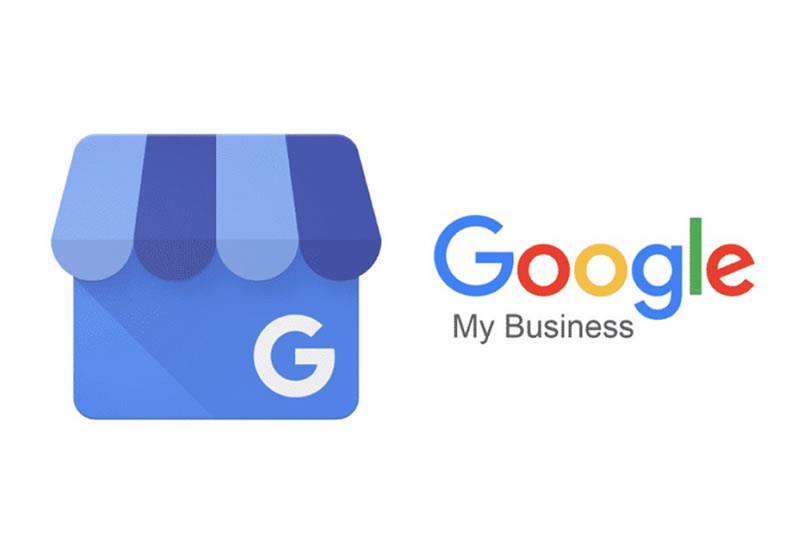
What is Black Hat SEO?
Thu 02 Mar 2017
By John Nayler
Search Engine Optimisation (SEO) has continued to be seen as the Holy Grail of online digital marketing success. The rise of Google as the most popular search engine has forced digital marketers to carefully craft their website content and strategy to arrive at the top of Google results.
There were other search engines of course - including Yahoo, "Look Smart", "Alta Vista" - which have all but disappeared. We have also watched as Microsoft has tried to stay in the search engine game with the Bing search, but the world has been thus far unimpressed. That leaves Google as the dominant Search engine and the focus for SEO.
Over the past 20 years, the challenge for digital marketers and search engine optimisers to craft ways and means to get their sites to the top of search results has become increasingly competitive and demanding. It is a skill best learned by guessing - try something, measure and try again. Google themselves don’t provide many hints about their algorithms for ranking a site; nor publishing specifics about how to get to the top of the search result. They change methods from time to time and orient to naturally rank better sites higher. They talk about ‘signals’ which includes things such as the words on your page, the meta-data, the domain name, the popularity of your site, the number of links to your site, your locality, amongst many many other things.
Should a business engage in Black Hat SEO? First of all:
What is Black Hat SEO?
Black Hat SEO is a term that's been around for more than 10 years, and references to the more "crafty" tactics that Google doesn't want you to use to get to the top of a search result. Google have now mostly filtered or banned them. They also periodically adjust the importance of that particular ‘signals’ to tweak search results focusing still on the most reliable, clean and relevant results.
Black Hat SEO is still around today and sometimes we use methods for optimisation that could be referred to as "Grey Hat". These methods are neither the White Hat "encouraged" methods for getting onto Google but not going to trigger or flag with Google for being "Black Hat".
What are some of the Black Hat techniques?
Massive link building
Google say that they have changed their ranking algorithms to depower the value of having a massive number of links to your website. Back in the day - when it still counted - Black Hat operatives would engage in various tactics that were based around massive link building. Google once valued the number of links to a website, but began to detect and penalise websites which gathered links too quickly. In the past eCentral would be engaged to build links, but the value now is greatly diminished.
Indexing sites for no other reason than promoting other site’s rankings
Some time ago Google moved against websites that were created expressly to generate traffic and rankings for other sites or businesses. Businesses would pay a monthly or annual fee to have links, referral content or listings hosted and featured on an indexing site. This tactic has become all but a waste of time - yet there are still some residual indexing sites that charge for the service. I have engaged in link building, but Google's lesser respect for links makes it one of the Black Hat tactics that does not hold anywhere as near as much value as it once did.
Sensing the Google "crawler" and presenting it with different text
This is one of the more aggressive and technical strategies. When the Google “crawler” would show up to index a website, the website itself would switch into a special mode where it would manipulate and offer Google a different page with text and data, tricking Google into seeing a specific set of target words, phrases and content, aiming to reach a higher position.
There would still be "experts in the field" using this method with success, but it requires particular knowledge and skill - which comes with a heavy penalty if discovered. I have never been bothered to engineer something this complex, nor spend the time testing and perfecting... The risk of penalty is a good reason not to.
Perfect match domains
For many years having "brisbanepainters.com" or similar gave you a leap forward in having a high ranking position on Google for the search "brisbane painters". Google have denounced perfect match domains and say that it takes more than that to dominate search results. However, I can think of plenty of search results which ARE dominated with sites that have perfect match domains. We use perfect match domains with good effect still today.
Micro site referrals
In the first 15 years of internet marketing, some very sophisticated methods were created which included a network of micro sites (now called Landing Pages). These micro sites would be generated and distributed across the internet "around" the key subject. These sites would generate traffic and appear on Google. It was perceived that the value to Google could be passed to the main site through a one-way link. It's a bit time-consuming, but worthwhile, perhaps still. We have produced sites for this method for in the past few years for a good result.
Article Spinning
This is one of the most impressive tools for playing tricks on Google and I had some success back in about 2008. You would write the same article three different ways, but match the content theme from paragraph to paragraph. You would then load the three near identical articles into an engine that would then distribute them to a network of bloggers, but mixing and matching the paragraphs as it did. The result is that the article goes out many different ways, presenting themselves to Google as unique. As the articles always carried a link to the target website, you end up with many many links. The record I obtained in this process was 200+ links. Google has since found about this technique and penalises it heavily though the client in question still enjoys top ranking today.
Conclusion
Black Hat SEO has engaged a number of devious tactics over the years and some still have effect. White Hat SEO is a base line that you should focus on first. More on that another time. Many businesses don't do "White Hat" to start with, so that is essential. SEO engineers like myself still engage in a range of "Grey Hat" tactics that get results on Google for our clients. The techniques used at eCentral vary, depending on the client and the opportunities there are in the relevant "search space" to ensure that we get the best result and start with getting the fundamentals right.





